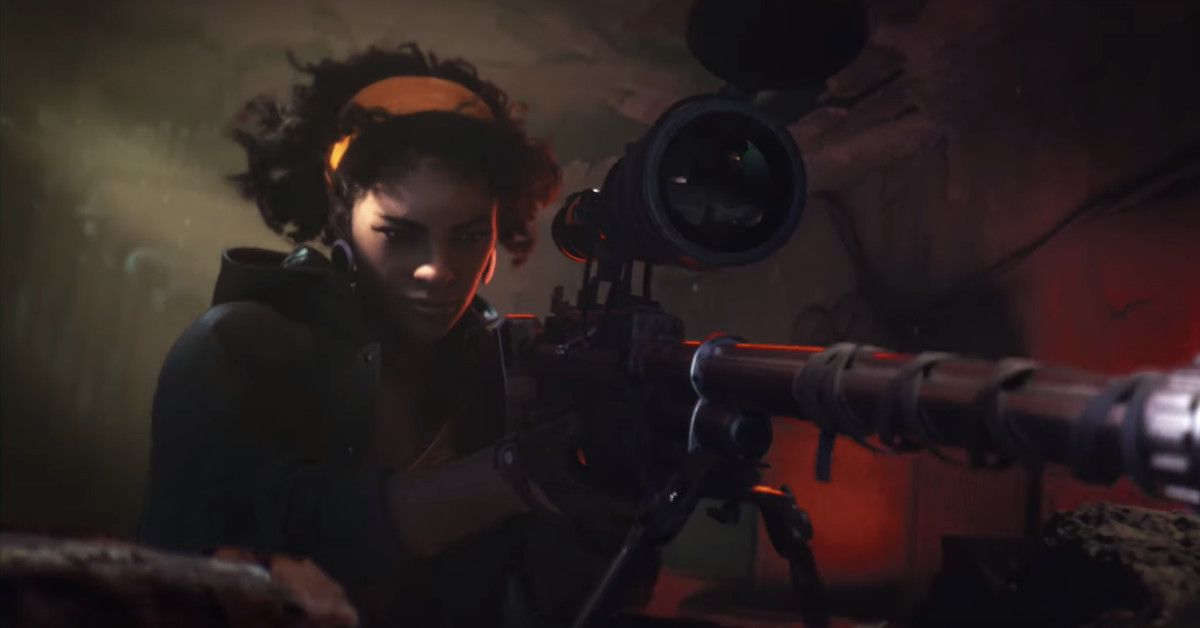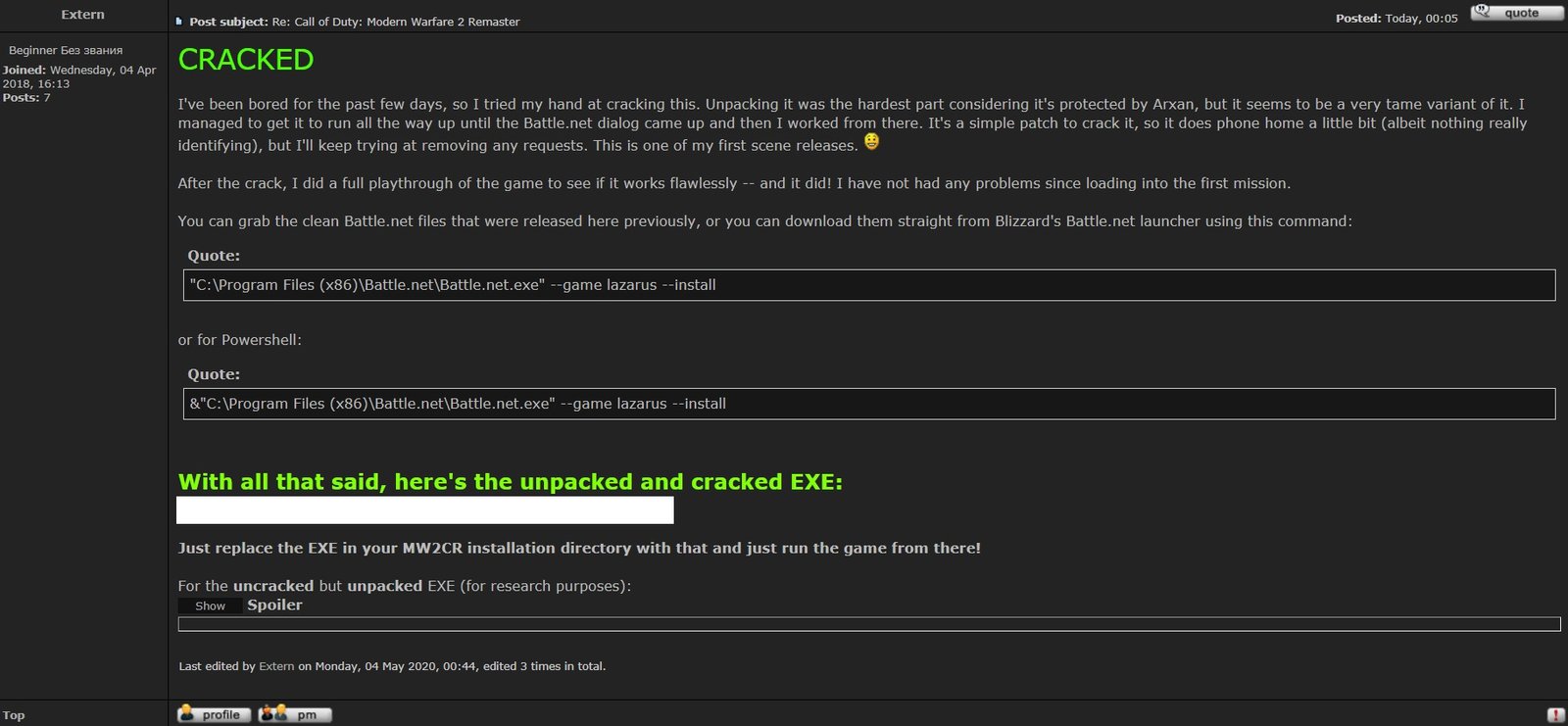

By Dishonored 2's latter half, the principal cast begin to remind you that, by picking off Karnaca's most powerful, you're creating a power vacuum, and are also responsible for leaving behind the right people to fill it. Even the most significant scraps in the game are entirely optional – though you're sent after assassination targets, there's always a creatively non-lethal way to dispose of them – and so choosing your foes becomes just as important as beating them. Never entirely safe but rarely openly hostile, they push you to evaluate the scenes in front of you – perching on the periphery to work out whether an NPC is likely to attack you, or whether, unprompted, you might choose to attack them.

That state of volatile ambiguity makes Dishonored 2's levels a treat to explore. In this imbalanced world, says the guy behind the till at the Winslow Safe Company, a person either needs no safe at all, or plenty of them – "That's just the way it is."

("Lots of people want to leave, but where would they go? There's money here, even if it's dirty.") They still staff the shops, selling guns to the street kids and strongboxes to panicked nobles looking to secure their valuables. Stop them for conversation and they may even make an argument for remaining indefinitely. Citizens still head out to the docks each morning to haul in fish and chop off their heads in the baking sun. BioShock and Fallout, though, are dystopias.


 0 kommentar(er)
0 kommentar(er)
